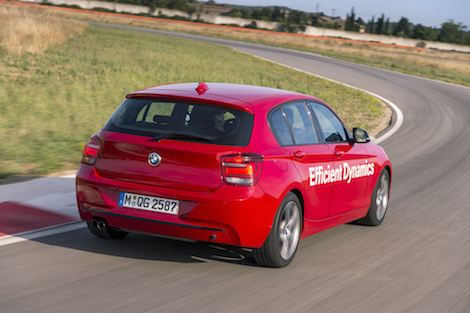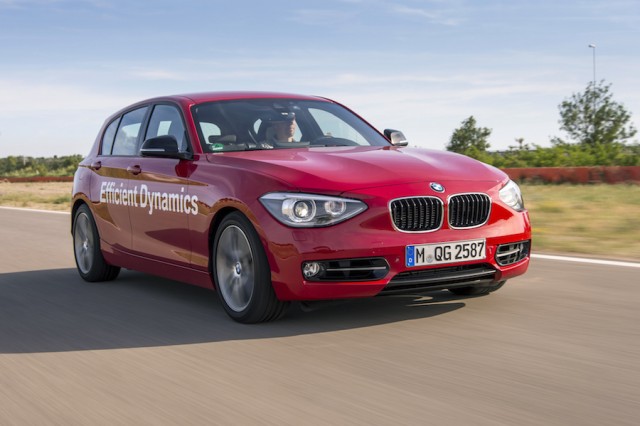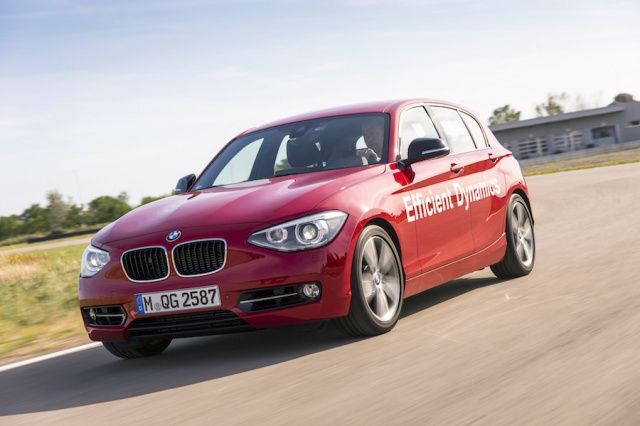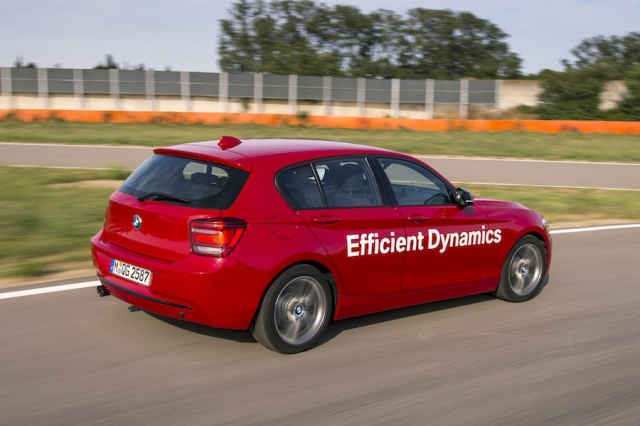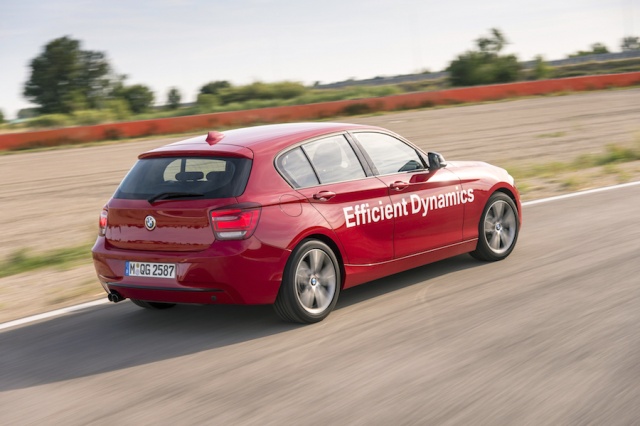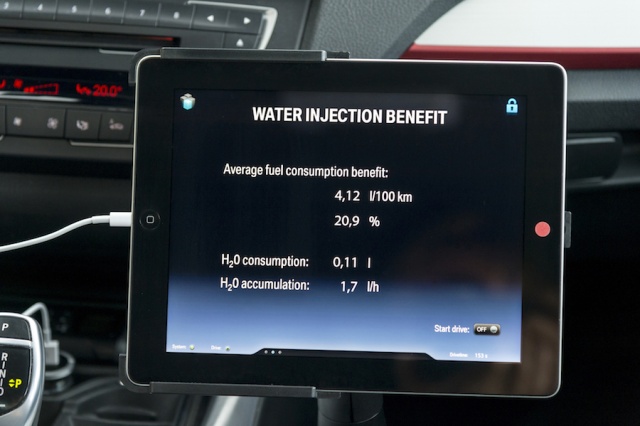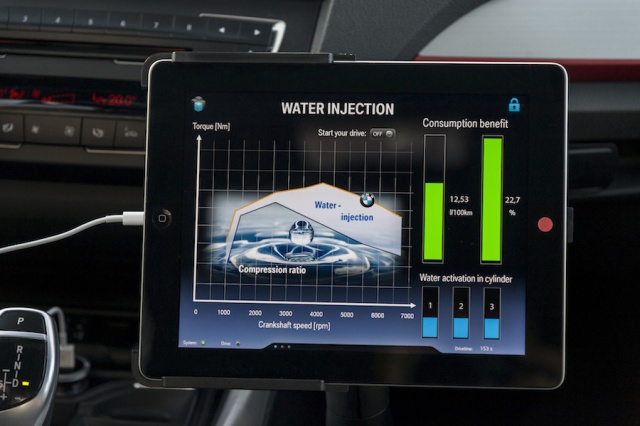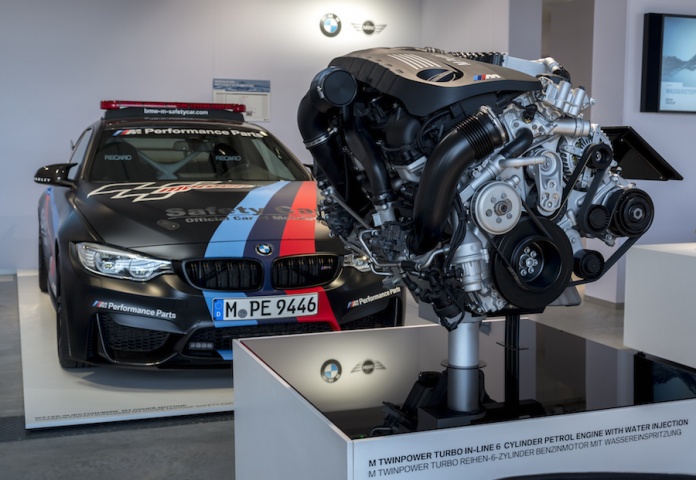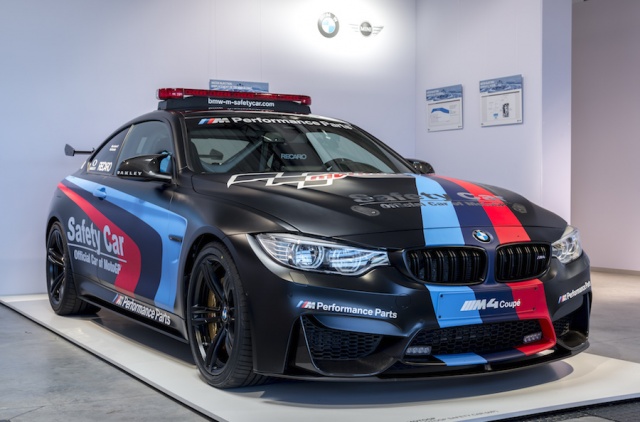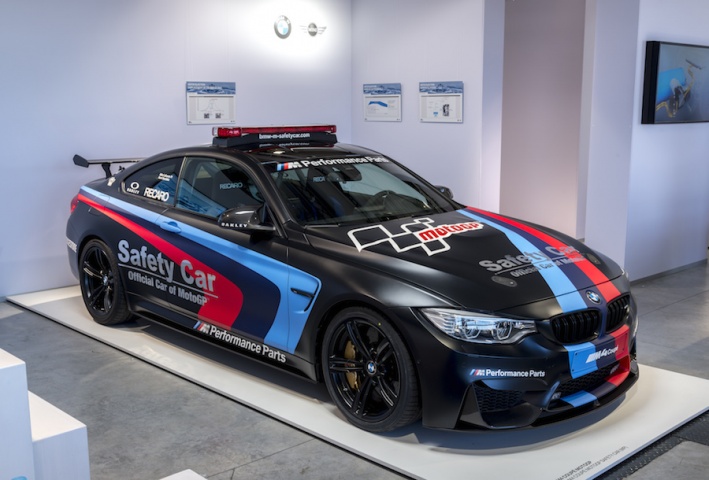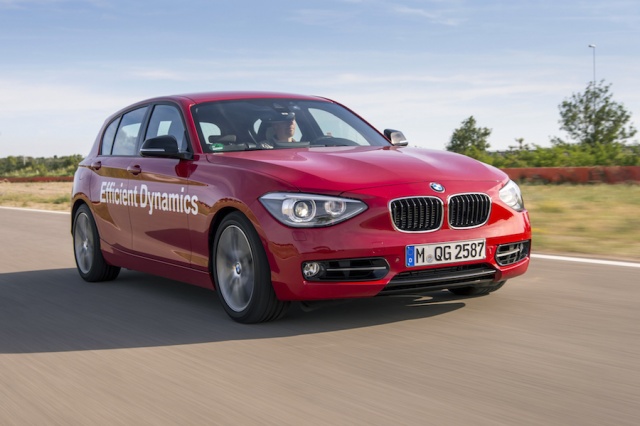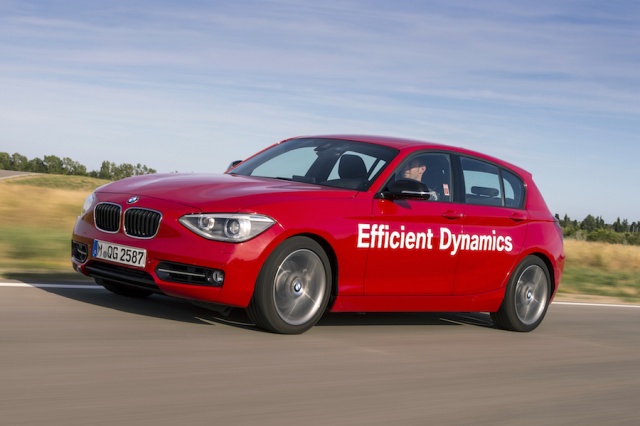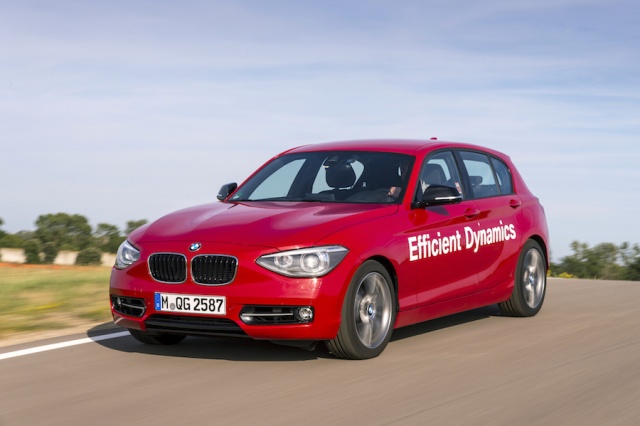Overall rating: 4/5
When it comes to internal combustion engines, water in the cylinders is usually fatal to their health. But BMW says otherwise, claiming that a well-timed, fine spray of H2O can improve a forced induction petrol car's economy by up to eight per cent while also simultaneously giving it a ten per cent hike in power. To prove it, this 1 Series is fitted with a company first: Direct Water Injection (DWI).
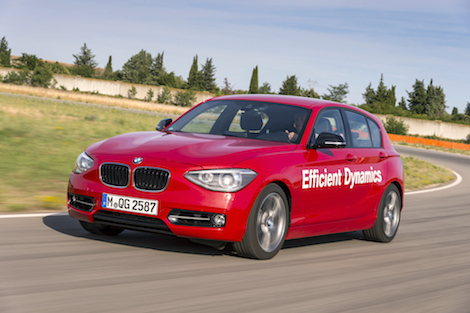
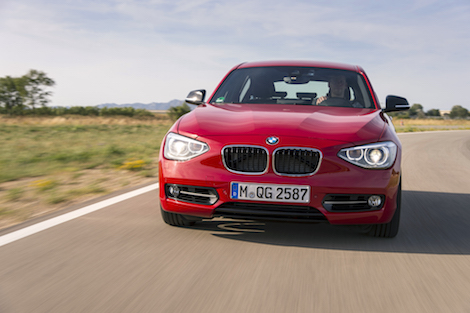
In the metal 3.5/5
It's a BMW 1 Series five-door. If you don't know what one of those looks like (and for some reason, you're determinedly not looking at the images on this page), you must have been living under a rock. Nothing externally gives this car's high-brow technical game away, save for stickers plastered up its sides by BMW for this prototype drive event. Inside is completely unchanged, the only difference being a laptop plugged into the car that graphically shows the driver when water is being fired into the cylinders, and thus how much fuel it is saving.
Driving it 4/5
You might be reading this and thinking: "Hold on, I've already read about BMW's water injection in an M4 Safety Car." And you'd be right - Kyle brought you driving impressions of that vehicle earlier this year. The thing is, the technology in the M4 is only indirect water injection (IWI), with the spray of water coming at the inlet manifold. BMW says that the IWI system is likely to make it into a full production model, most likely an M car of some description, next year.
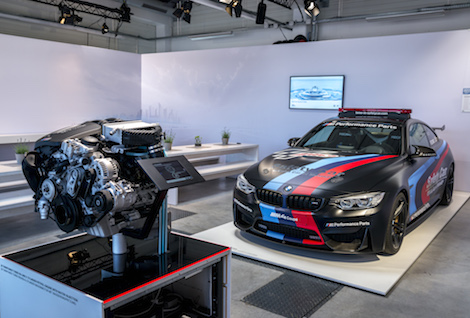
But DWI is a different kettle of fish. An on-board seven-litre water tank is fed by the condensation from the air conditioning unit that would otherwise drip wastefully onto the road; indeed, BMW is confident that 80 per cent of customers would never have to top up the DWI's reservoir at all, the remainder being people who either don't use air conditioning or who live in cold climates. From this tank, the water is fed through a filter before heading towards the cylinders.
Like the M4, water can be sprayed indirectly into the intake air, but it can also be fed to a high-pressure pump ahead of the injectors, where it is mixed with fuel to form an emulsion. This emulsion is then fired straight into the cylinder during the compression phase of the traditional four-stroke combustion cycle. The spray of water is so fine that it has evaporated prior to combustion but by this point it has already performed its primary role of cooling the intake air - BMW says the temperature in the cylinder drops by up to 70 degrees C at compression from normal operating figures of 400- to 500 degrees C. So, at 330 degrees C, it makes the combustion process much more efficient.
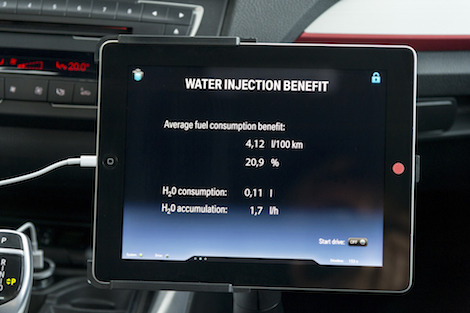
If all of this is making your head spin, put another way it reduces fuel consumption and ups the car's power outputs too (this One had 218hp, instead of 204hp), with BMW using the analogy that it is like 'driving the car on a cold winter's day, every day'. So instead of having to get up at 5am for an early morning strop, allowing cooler, denser air into the car, DWI does all of that for you. Our tests saw us accelerate full bore from 0-130km/h, 80- to 180km/h and 80-to 130km/h, and in just 2.5km such heavy-footed antics saw the DWI return 19 per cent better efficiency than if it hadn't been so-equipped. It is worth stating at this point that the compression ratio on the 1.5 engine has been raised from 9.5 to 11.0:1 on this DWI-equipped 1 Series.
It is under hard-driving conditions that DWI returns its best gains; the three to eight per cent economy improvement BMW quotes being for anyone who is driving much more sedately. During these acceleration runs, the system used a thimbleful of fluid (0.04 litres) to cool the intake air. DWI also prevents knocking in high-output forced induction cars, which is a nice safety net to have.
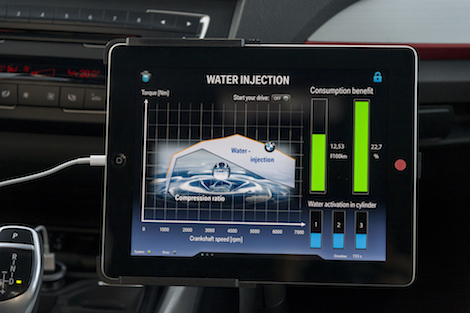
Summary
Another undetectable but undeniably clever invention from BMW, DWI is completely unobtrusive to the 1 Series driving experience. It will deliver its best work on high-performance vehicles driven in tough conditions (i.e., on track), but that it gives quantifiable gains to real-world, steady-state drivers makes it more than worthwhile too. So far, BMW's board has not approved DWI for production so it's impossible to say when we'll see this in the showrooms, but it seems that water in the cylinder isn't so bad for a car after all.
